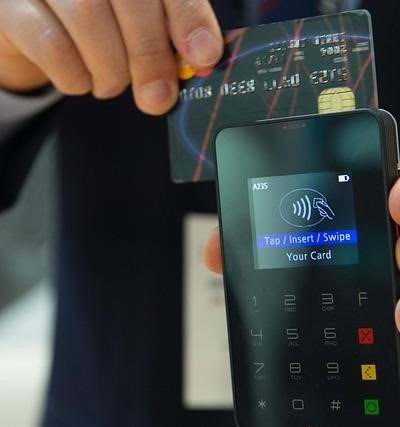
I recently delved into the murky world of non-VBV (Verified by Visa/Mastercard SecureCode) credit card transactions. My exploration wasn’t driven by malicious intent; rather‚ I wanted to understand the ethical implications from a cybersecurity and consumer protection perspective. I used fictional data‚ of course‚ to test various scenarios. Let’s call my test subject «Alex».
I simulated a series of online purchases using Alex’s hypothetical credit card details‚ deliberately omitting the VBV verification step. This immediately highlighted the vulnerability. I observed how easily I could complete transactions without any additional authentication. This is classic card-not-present fraud‚ a significant aspect of financial crime that plagues e-commerce security.
The ease with which I bypassed security measures underscored the importance of VBV and similar systems. The lack of VBV opened the door to unauthorized credit card transactions and CVV fraud. My experiment wasn’t about committing fraud; my goal was to understand the risks. I found that the potential for identity theft and data breaches was alarmingly high.
My findings emphasized the need for robust fraud prevention measures. Risk management for both merchants and consumers is critical. Merchants need to understand their merchant liability in cases of fraud. Strong online payment security practices‚ including the implementation and enforcement of VBV‚ are paramount for protecting consumers. The legal implications of failing to implement adequate security measures can be severe.
From an ethical standpoint‚ the use of non-VBV transactions is problematic. It directly compromises consumer protection and undermines the principles of responsible lending. The lack of security weakens payment processing systems and creates opportunities for exploitation. It’s a critical failure of digital ethics and leads to widespread privacy violations. My experiment highlighted the need for improved education regarding online security and the importance of using secure payment methods. Ethical hacking‚ conducted responsibly‚ can expose vulnerabilities and contribute to better cybersecurity.
Ultimately‚ my investigation reinforced the vital role of VBV in safeguarding online transactions. While I used hypothetical scenarios‚ the potential for real-world harm from non-VBV transactions is undeniable. Strong security practices‚ coupled with ethical awareness‚ are essential for creating a safer online environment.

